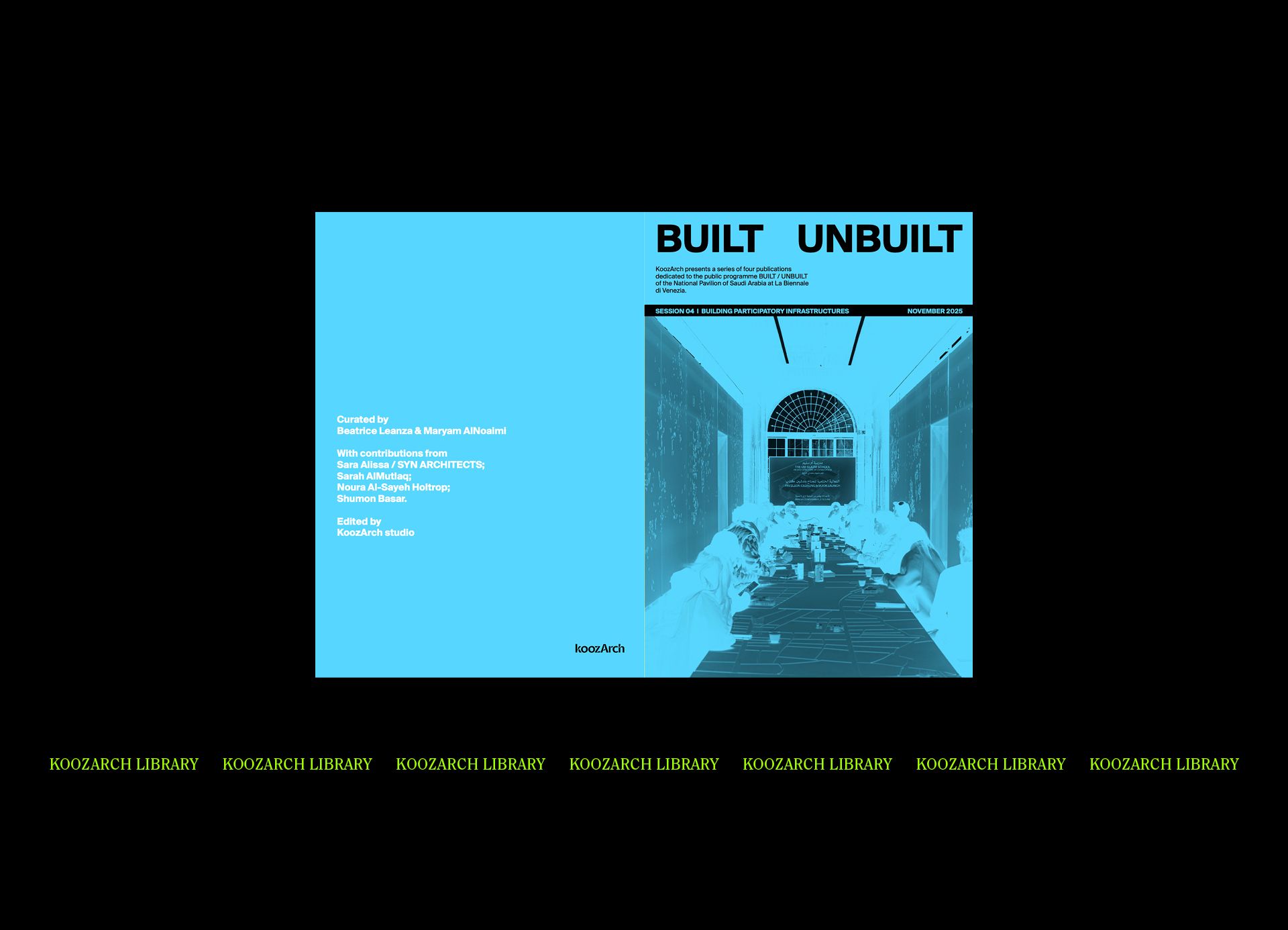On the site of the Floating e.V — in the rainwater retention basin serving the former Tempelhof airfield in Berlin — a diverse range of animals, plants and algae have taken root and given birth to a unique landscape: a human-made environment reclaimed by nature, where polluted water coexists with the relatively new presence of the Floating University, forming a natureculture (Haraway) or a third landscape (Clément).
This essay is part of Issue #2 “Fair Play”, a series curated by KoozArch.

© CLIMATE CARE FESTIVAL The Rewilding Years, 2021 curated by Rosario Talevi and Gilly Karjvesky. Photo credits: Constanze Flamme
On site since 2018, Floating University is a self-organised space and association, where practitioners from a wide range of backgrounds meet to collaborate, co-create and imaginatively work towards futures. The many projects that are developed at Floating University emerge from the site and its ecologies. Sharing the site with other living beings throughout the years and the seasons allows us to situate our work from within, being strongly connected to the ground and soils, the waters, clouds, air and energies. The cumulative build-up of our relationships and companionships with other living species is shaping the way Floating University and the association evolves through the years.
Sharing the site with other living beings throughout the years and the seasons, allows us to situate our work from within, being strongly connected to the ground and soils, the waters, clouds, air and energies.
Through its (almost) daily presence on site, Floating e.V observes and supports the development of the wetland ecosystem. Thus an emotional relation to the site is born, which is the fuel to strive against modern dynamics threatening the ecologies at stake — here, on site and in Berlin, but also there, at a planetary level.
The embedded site of the basin offers a local exploration of ways to resist a global movement. Floating University is linked to other bodies of water, to other zones of resistance. In a way, Floating University acts beyond disciplines and as a catalyst to address urgent socio-ecological issues, shifting our perspectives in playful and imaginative ways.
Thus an emotional relation to the site is born, which is the fuel to strive against modern dynamics threatening the ecologies at stake — here, on site and in Berlin, but also there, at a planetary level.
If we are materially connected to this urban wetland, we are also influenced by other climates, which are not only meteorological. Indeed, the complex legal situation of the site is an example of the way that hybrid urban territories are considered and administered — which is to say, with a rather pronounced lack of imagination — and it is within this context that Floating University has enacted other urban narratives, through dreaming, playing, resisting and prototyping. Today the basin is considered as a grey, blue and/or green infrastructure; Floating University’s activities are adding a sociocultural layer to the rainwater basin.
Floating University’s history can be seen as a play in various acts, each season bringing a set of new protagonists and rules. In past years, we have had to face an accumulation of rules to govern our presence on site:
do not open the site in Winter
do not call yourself “University”
do not play amplified music
do not walk on the concrete surface, for nature protection reasons
do not enter the tunnel
do not displace the mud
do not harm the frogs,
do not prevent the frog from being harmed …
do not save the reeds,
etc.
Even if some of these rules seem less grounded, the community of Floating University abides by them, showing our goodwill and collaborative spirit. However, recently one of the other players acted against the wetland ecosystem by putting maintenance above the ecosystem and almost completely destroying the reed belt because of polluted water etc.
How does a set of rules imagined by humans affect other beings? How to include non-human ways of being and voices in this game?
Who follows the rules and who doesn’t? Who makes them, following which interests? How does a set of rules imagined by humans affect other beings? How to include non-human ways of being and voices in this game? When is the game over, and when are the rules to be broken, affecting all players?
These growing paradoxes and the need to organise a site-based protocol in response to the possibility of violence has inspired the association to structure recent work and activities towards transdisciplinary programmes and cross-pollinations, exploring the characteristics of infrastructure in a diverse way, and looking for solutions to serve a not-only-human group.
The association’s mission is to open, maintain, and take care of this unique site while bringing non-disciplinary, radical, and collaborative programmes to the public.
The association’s mission is to open, maintain, and take care of this unique site while bringing non-disciplinary, radical, and collaborative programmes to the public. In other words, it is a place to learn to engage, to embrace the complexity and navigate the entanglements of the world, to imagine and create different forms of living.
Bio
Floating e.V. is a self organized space and group, where practitioners from a wide range of backgrounds meet to collaborate, co-create and imaginatively work towards futures. The founding year of the Floating University saw a diverse breadth of visitors involved to varying degrees with the activity on site, creating a unique ecosystem. The program consolidated a network of practitioners, who towards the end of 2018 decided to continue the experiment by transitioning from a ‘temporary’ project into an association.





